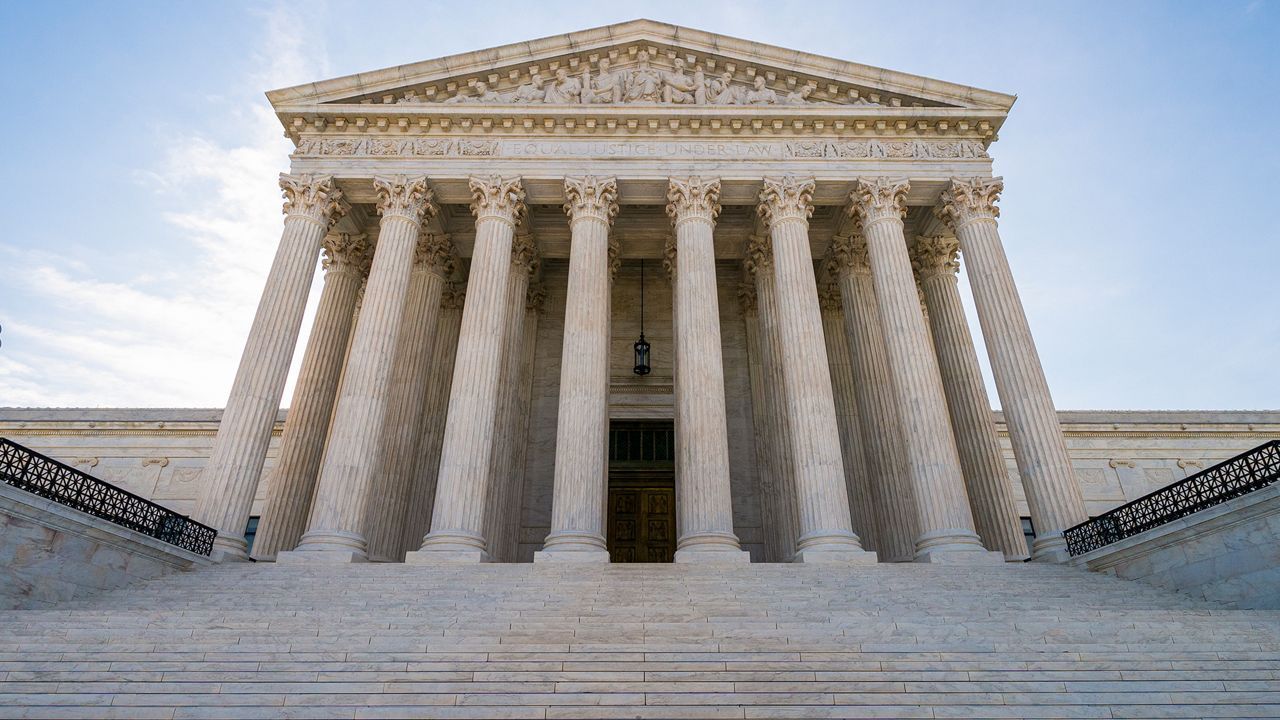ORLANDO, Fla. — The U.S. Supreme Court will not lift a stay that would allow felons who are able to vote under Florida's Amendment 4 to register to vote without first paying all court fines and fees.
What You Need To Know
- Felon voting rights case goes before US appeals court August 18
- Case is related to law making ex-felons pay court fees to register to vote
- Voting rights advocates wanted ex-felons to be able to vote in state primary
At issue is whether certain felons who have completed their sentences must pay all court fees and fines before their voting rights are restored. Florida lawmakers made the payment a requirement in 2019 in a bill implementing Amendment 4, which 65 percent of Florida voters approved in 2018. The amendment allowed nonviolent felons to get their rights automatically restored.
A federal judge in Florida ruled in May that the law created a "pay-to-vote" scheme and ordered the state to allow felons to vote regardless of their legal debts.
Florida appealed the decision to the 11th U.S. Circuit Court of Appeals. The court ordered a stay of the decision until it could hear the case on August 18, which is the same day as the Florida primary.
Voting rights advocates asked the U.S. Supreme Court to lift the stay so that felons impacted by the bill could register and vote in the primary.
The Supreme Court voted 6-3 Thursday not to lift the stay. Justice Stephen Breyer joined Chief Justice John Roberts and justices Samuel Alito, Neil Gorsuch, Brett Kavanagh, and Clarence Thomas in the majority.
A majority opinion has not been released, but justices Sonia Sotomayor, Elena Kagan, and Ruth Bader Ginsberg released a dissent, accusing the majority of "continuing a trend of condoning disenfranchisement."
Sotomayor, who wrote the dissent, also said the 11th U.S. Circuit Court of Appeals was wrong to issue a stay based on the standards used to decide whether to do so.
She also said the appeals court also was creating voter confusion with the decision.
"The Eleventh Circuit’s 'bare order' staying the District Court’s decision does not 'provide any factual findings or indeed any reasoning of its own,' and '[t]here has been no explanation given by the Court of Appeals showing the ruling and findings of the District Court to be incorrect,' " Sotomayor said.
Information from the Associated Press was used in this report.
